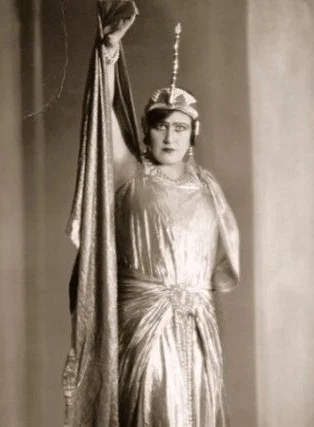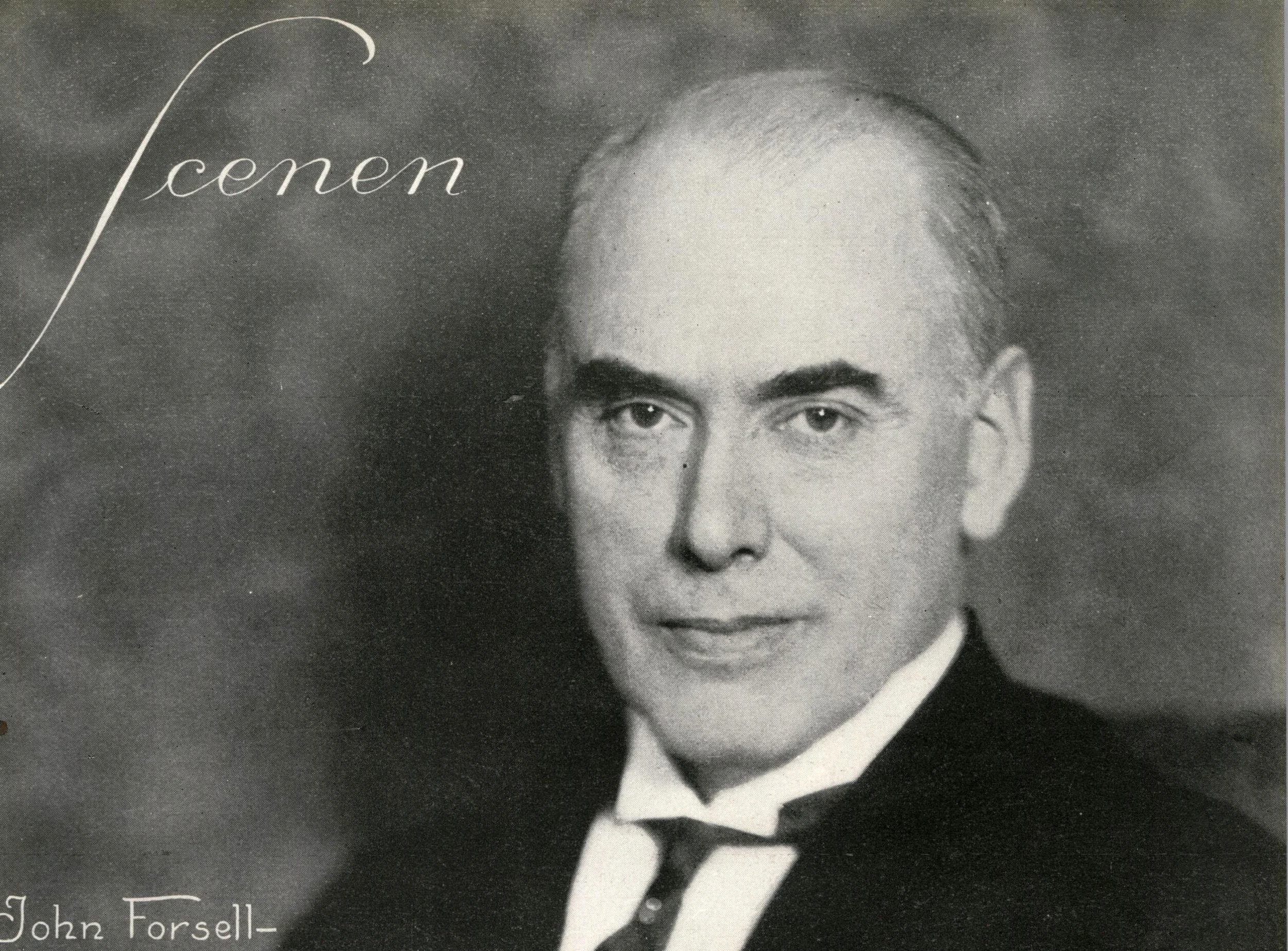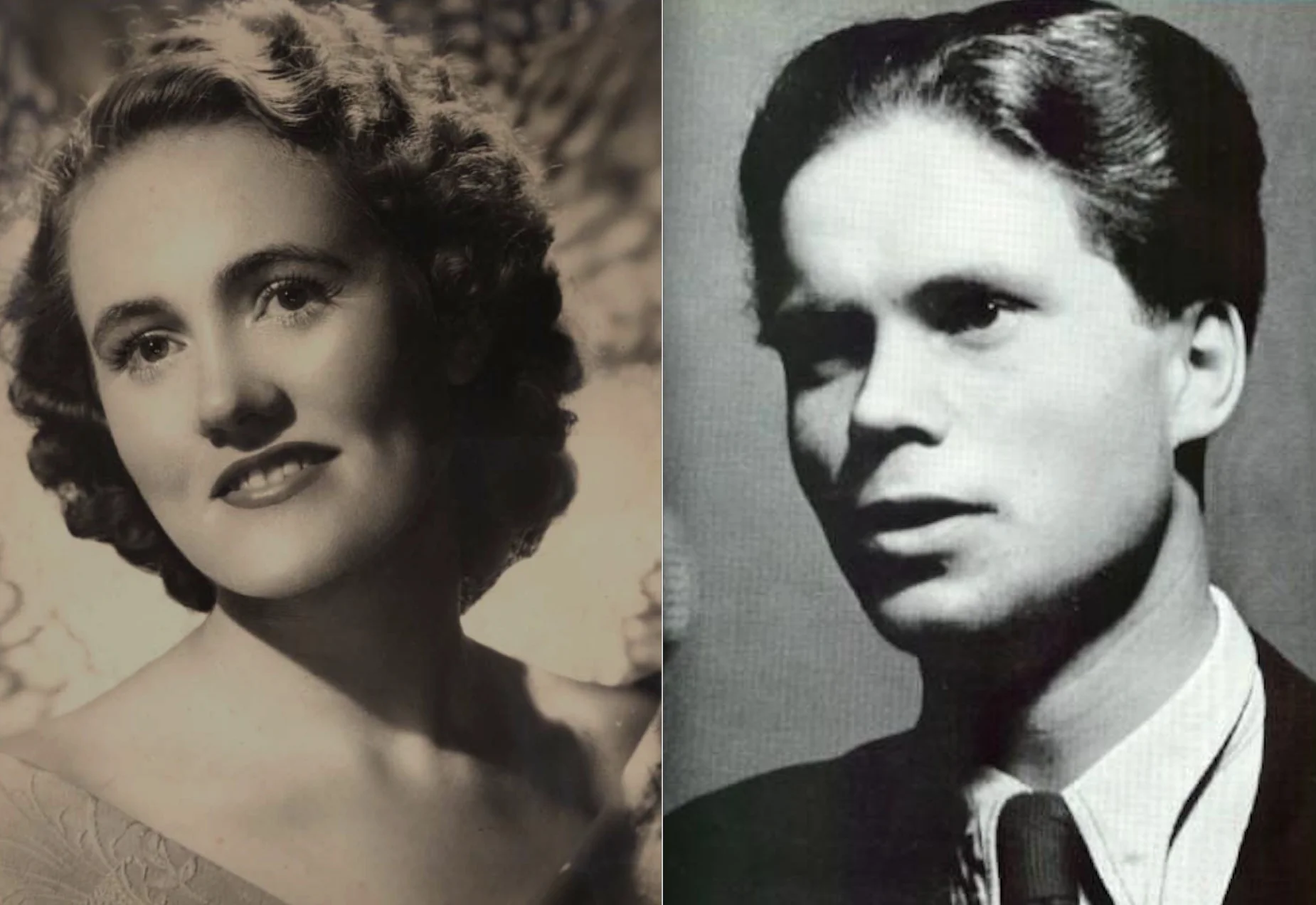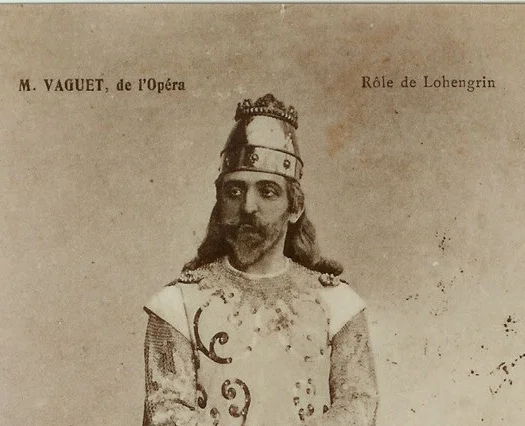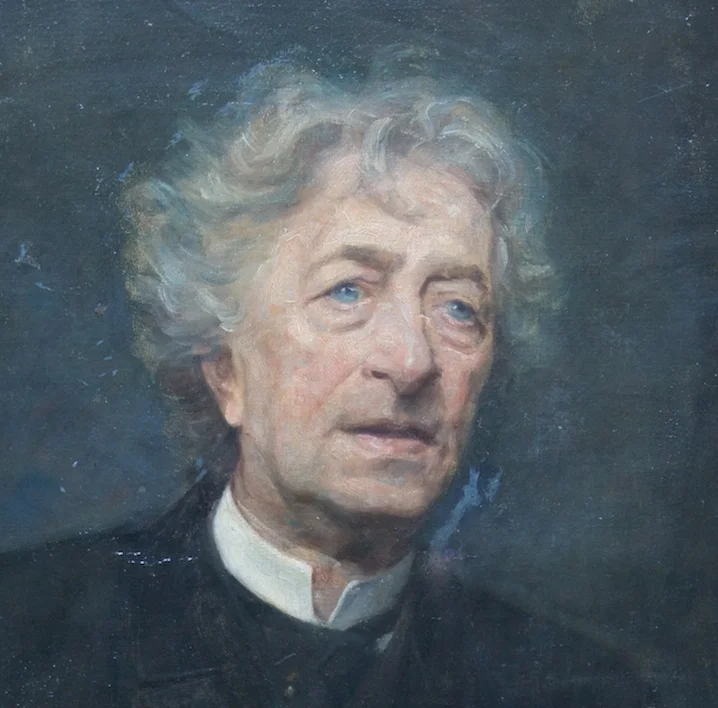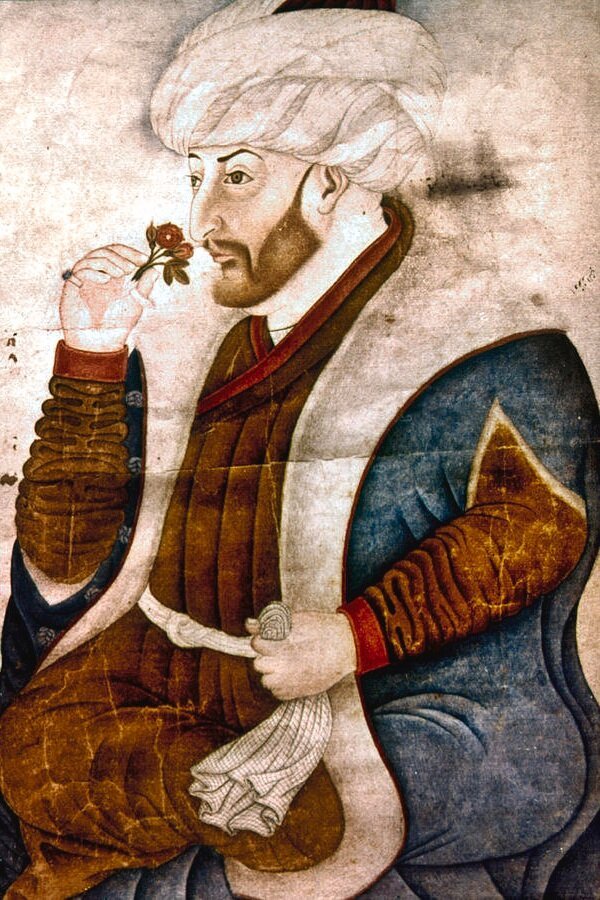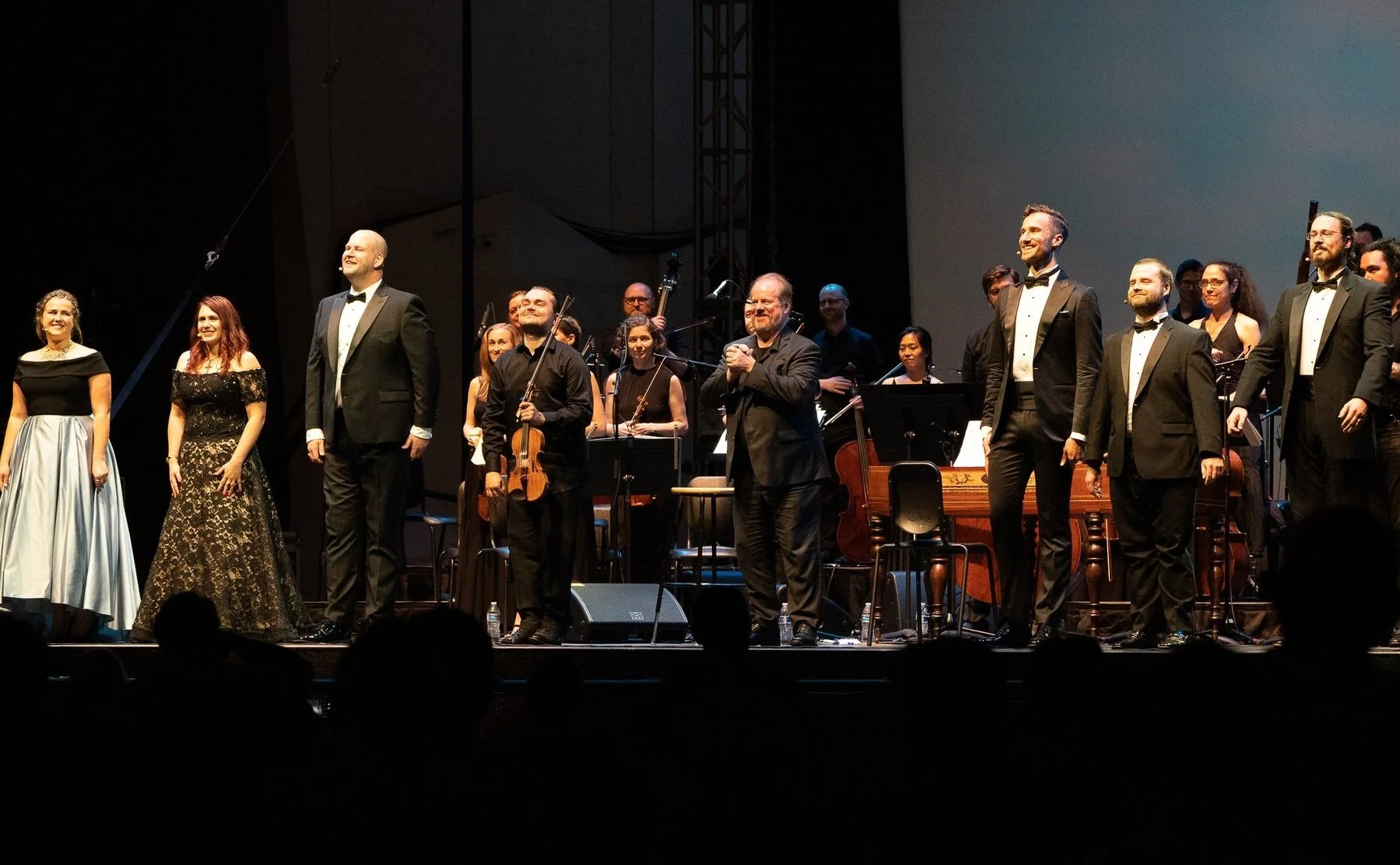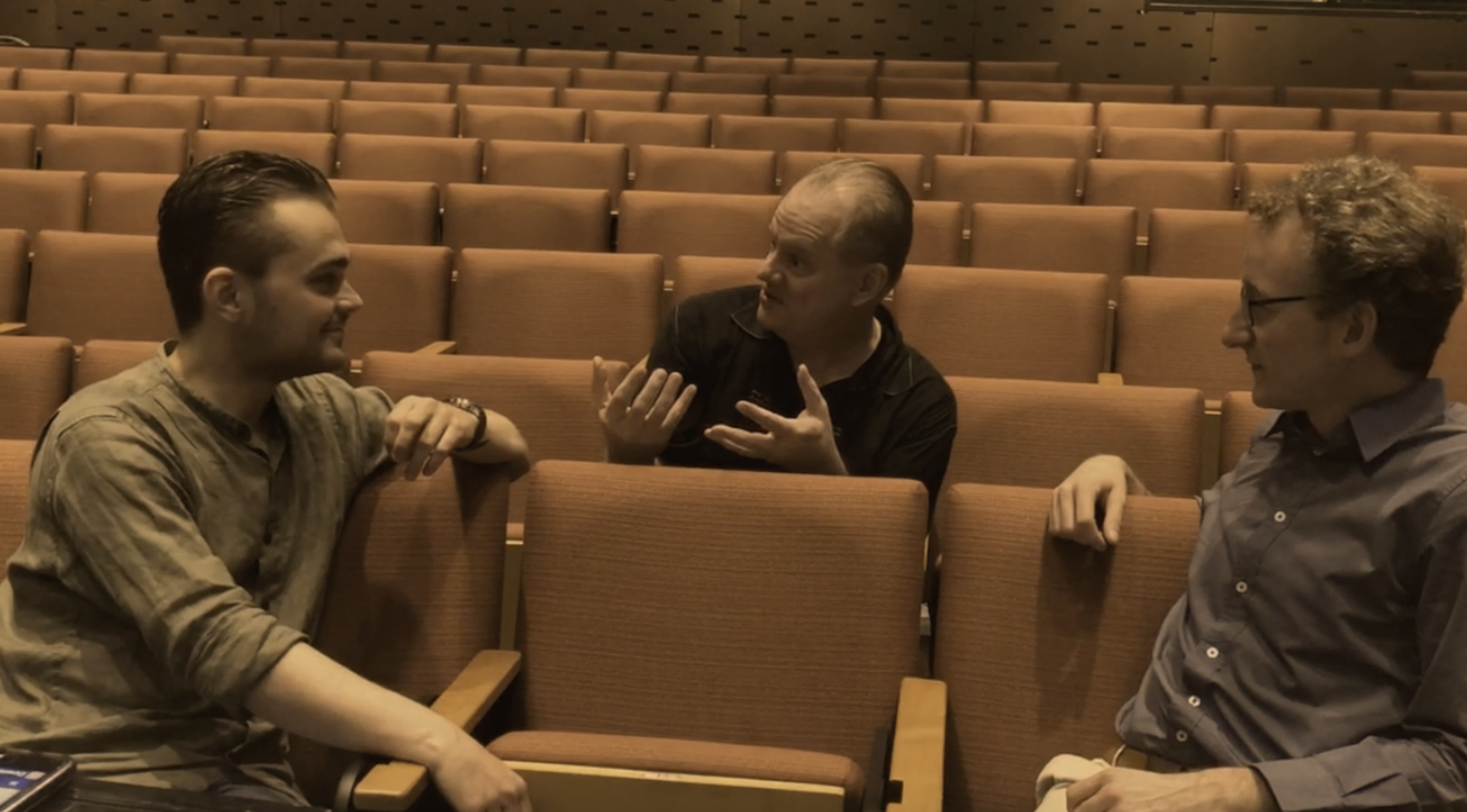Strength and Adversity
Albert Vaguet (1865-1943) showed talent from early youth but had a hard road before he could make a living from it. He was born working-class in Elbeuf, lost his mother at ten, and had to join his father as a day-laborer on the quays of the Seine to help pay for the care of his younger siblings. Military service represented a possible step up; he enrolled in the 119th Infantry, got himself noticed at an exhibition at Le Havre (earning the nickname le ténor militaire), and entered the Paris Conservatory at 21 or 22 - the age when most were leaving it.
The late starter was ready, though, earning one First Prize and a series of seconds or runners-up. The Opéra took him on, and in October of 1890 he debuted as Faust, a role he would repeat more than 300 times at the house. He played other leads as well, but the greatest names of the age were on the roster and so at first he specialized in “good second parts” like the Fisherman in Guillaume Tell, David in Die Meistersinger, Léopold in La Juive, and Cassio in Otello (mounted by Verdi in person with an all-star cast). Soon Vaguet moved from David to Walther, anchored the casts of important new works, and had triumphs as Lohengrin, Mehul’s Joseph, and Don Ottavio.
Vaguet as Lohengrin
In 1903-04, at the height of his success, his name disappeared from the Opéra’s playbills for reasons long considered mysterious. Rumors of fights with the management were published at the time, and later a story got around that he had suffered the amputation of a limb. But a heartrending 1913 Musical America interview with the tenor himself, unearthed by the record collector and dealer Lawrence Holdridge, contains what is surely the true explanation: a botched tonsillectomy had left him with nerve damage that caused excruciating pain within just a few minutes of singing. “I still have the voice that brought me fame [...] but to sing through a short scene means untold torture for me.” He describes the search for treatments, and speaks alternately of hope (“last week at Gailhard’s I went through almost an act of Thaïs”) and despair (“it would have been better” if the surgeon had cut out his vocal cords entirely). He tells of being moved to tears by hearing Caruso at his former theater, and having to leave his box because the pressure on his throat to suppress the sobs triggered unbearable pain.
Vaguet publicity photo
If not for the brand-new phonograph industry, the surgical mishap would have been the end of him. Instead, Vaguet built history’s first recording-based career. By resting between selections he could still sing. We don’t have to take his word for it that the voice was intact, because by the time of his final discs in 1928 he had left nearly 400 proofs of it, making him the single most-recorded French tenor of the era.
Here is one of my favorites, with a score to follow (be ready to jump ahead; there were abbreviations to fit the time limit). It’s an early 19th-century Ave that was long a classic church solo and study piece. Leoncavallo worked it into an opera, Zazà, when the heroine finds her lover’s little daughter practicing piano. “Classic” is the word for Vaguet’s execution: a firmly molded portamento line with expert dynamic proportion. I especially like the warmth and unpressured heft of the low register; the subito piano notes that don’t go slack or croony (for instance at 0:56), and the crystalline trills (pay special attention to the last one; 80% of Handel arias are supposed to end exactly like this).
A few of Vaguet’s earliest records may have been made before his crisis; we are not sure, because neither the surgery date nor that of the records is known for certain. The next clip is a trio of early fragments from Mignon, Saint-Saëns’ Les barbares, and the traditional song “C’est mon ami.” He wasn’t perfection; the top notes were more solid than beautiful, and he had a tendency to drift a little sharp around the passaggio. Still - what a well-equipped singer!
The Opéra missed out on what would have been a lot of good years, because when we last hear him at 63 - now with the new close-up of electrical recording - the sound is essentially unchanged. A special pleasure here is the way he can drift breezily through the quick syllables at 0:48 and still not lose core tone, and his nonchalant rhythm is as perfect for this chanson as his chiseled dignity had been for Cherubini.
Postscript for history and language nerds
Teatro Nuovo puts great emphasis on learning from the singers who had never heard, or heard of, microphone singing - primitive recordings from more than a century ago, forming a link to the traditions of opera’s heyday and the infinite potential of the natural, unassisted human voice. Check this space regularly for samples, and click here for some pointers on how to listen.
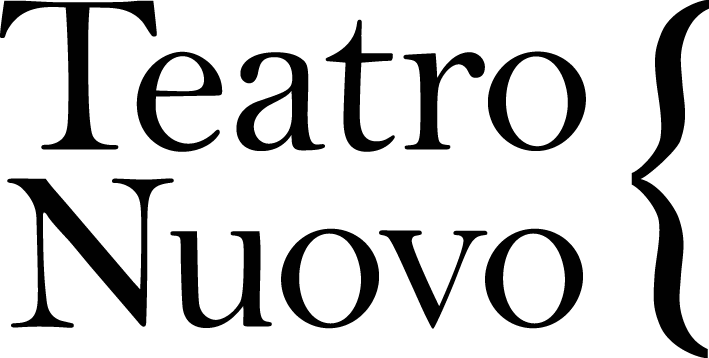























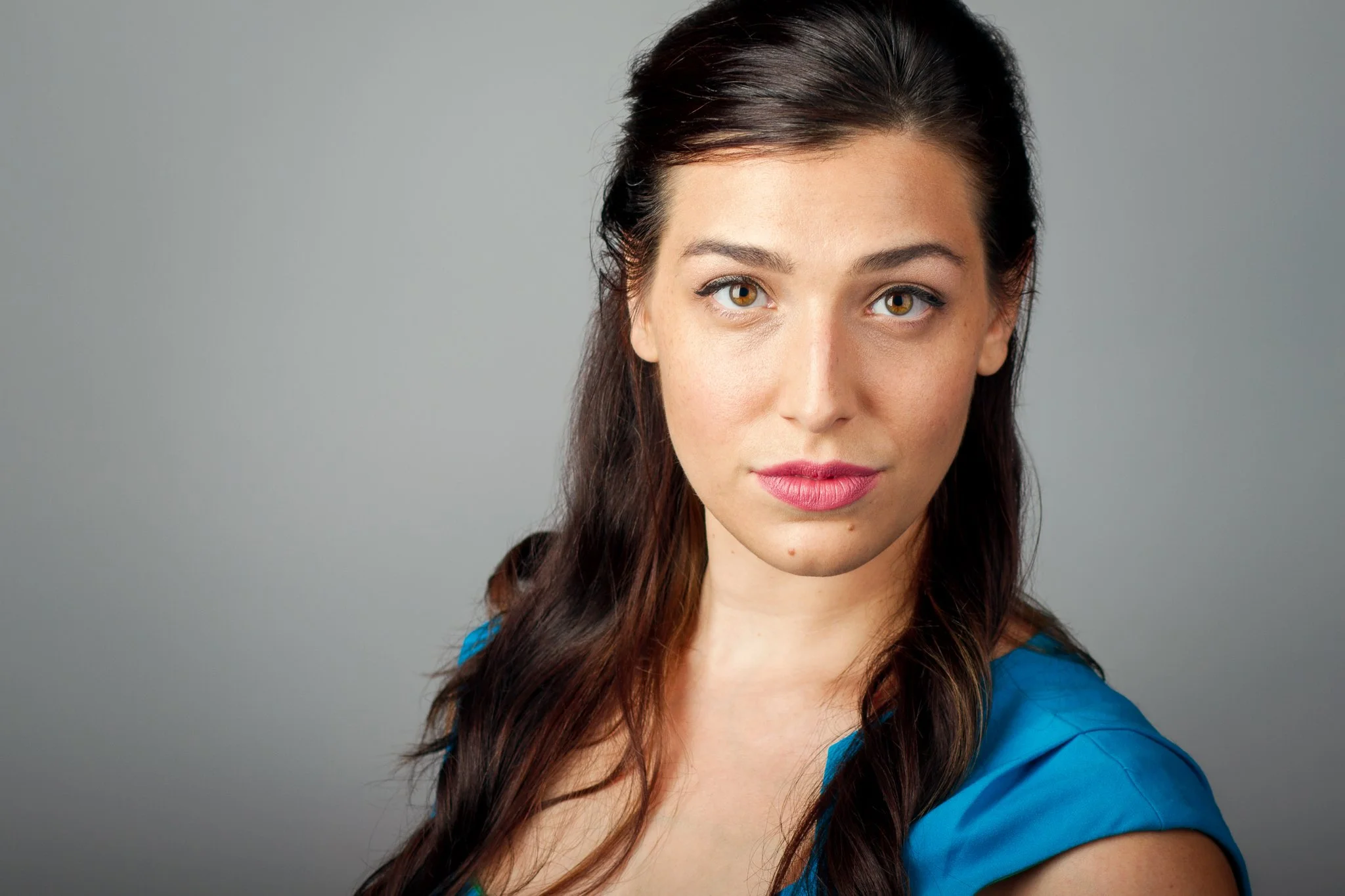










![Image 2 - Henry T. [Harry] Burleigh - Detroit Public Library.jpeg](https://images.squarespace-cdn.com/content/v1/596bb4e703596e837b624445/1591713684327-N7HW488JSZ7EN8T5AJSR/Image+2+-+Henry+T.+%5BHarry%5D+Burleigh+-+Detroit+Public+Library.jpeg)







